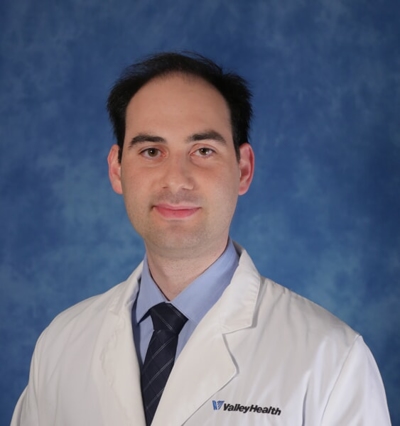Frequently Asked Questions
As with any medical procedure, there are always risks involved. When considering bariatric surgery, we encourage you to ask questions about all aspects of your surgery and recovery. The more you educate yourself about the risks and benefits of the entire procedure, the more comfortable you will be throughout the process.
Are there certain foods I cannot eat after weight loss surgery?
Once a patient is approximately one year after surgery, typically there are not any foods that they cannot eat. Some patients find they cannot tolerate certain things anymore like dairy, heavy dry types of meat or foods, but this does not affect everyone.
I have heard of a complication called “Dumping Syndrome.” What does that mean?
Dumping is a term used for a group of symptoms that can happen after a surgery for weight loss.
- Early dumping: This typically happens about 15 to 30 minutes after you eat, you may feel discomfort, nausea, cramping, or have vomiting and/or diarrhea. Patients also note at times they feel sweaty, flushed and some state it feels like their heart is skipping beats.
- Late dumping: This is not as common. The symptoms are the same as early dumping, however it can happen hours after eating. It is thought that this is related to the body having a sugar drop after their natural insulin levels peak.
- Treatment – Typically patients can correct dumping with dietary changes. We will need to evaluate what types of food you are eating and when. If you are experiencing dumping please reach out to our office.
Is it okay to smoke after surgery?
No, it is not recommend to smoke or use tobacco products at all after a weight loss surgery. It could put you at a high risk for complications.
Do I need to take multivitamins forever?
It is vital to take vitamins after weight loss surgery. Once you have had surgery you do not absorb nutrients the same way. You could be 100lbs lighter but you are not getting the minerals and vitamins from your food in the same way as you did prior to weight loss surgery.
Does weight loss help a woman’s chances of pregnancy?
Studies show any form of weight loss could potentially help with chances of getting pregnant.
How much food will I be able to eat after surgery?
Once you are past the healing period and your diet becomes more consistent, the average portion is 4oz to 8oz or up to one cup.
What are the benefits of weight loss surgery?
The benefits of weight loss surgery are significant. Many health-related conditions can improve or be reversed, leading to a healthier life, which allows you to enjoy more of life’s daily joys. For more information on obesity and weight loss surgery, visit the American Society for Metabolic & Bariatric Surgery website:
2023 Bariatric Surgical Volumes, Outcomes and Patient Satisfaction
| Number of Procedures Performed in 2023 | Number | Percent |
|---|---|---|
| Laparoscopic Sleeve Gastrectomy | 80 | 26.8% |
| Laparoscopic Gastric Bypass | 189 | 63.2% |
| Laparoscopic Duodenal Switch | 28 | 9.4% |
| Laparoscopic SADI-S | 2 | 0.7% |
| Total | 299 | 100% |
| Number of Adverse Events in 2023 | ||
| Related Reoperation within 30 days of Surgery | 6 | 2.0% |
| Related Readmission within 30 days of Surgery | 16 | 5.4% |
| Superficial SSI | 1 | 0.3% |
| Organ/Space SSI | 1 | 0.3% |
| GI Bleed (Blood Transfusion) | 1 | 0.3% |
| Anastomotic Leak | 4 | 1.3% |
| Mortality | 1 | 0.3% |
|
Overall Post-op Occurrence Rate
Total
|
15 | 5.0% |
| Patient Experience for 2023 | ||
| Percent of patients that would recommend the Valley Health Metabolic and Bariatric Program based on their personal experience. | 65/65 | 100.0% |
Contact Us with Questions
Phone Number:
540-536-0010
Email:
wmcbari@valleyhealthlink.com







